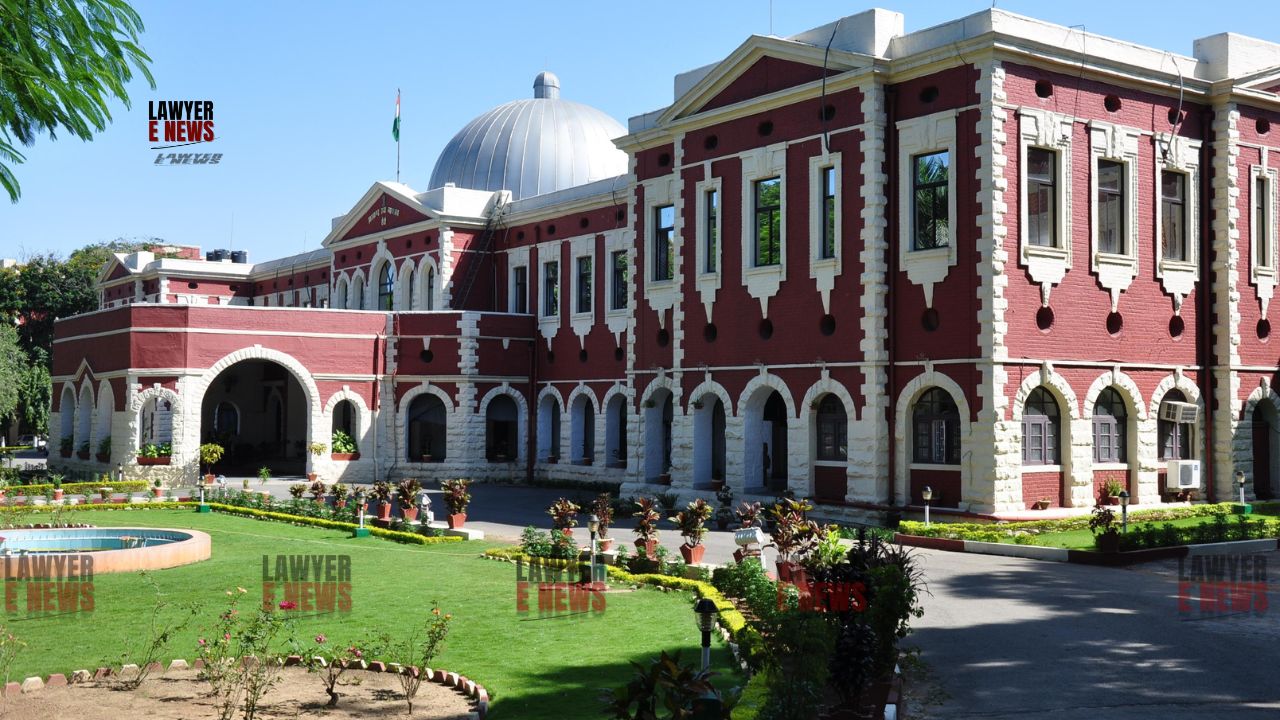-
by Admin
15 February 2026 2:36 AM



The case involves the petitioners, Moina Khatoon and Md. Mazhar, proprietors of M/s. Western Enterprises, Ramgarh, against the State of Jharkhand and Abhishek Kumar Verma. The petitioners issued a cheque for Rs. 80,000 to the complainant for the purchase of cement. This cheque, along with another postdated cheque for Rs. 64,400, was dishonoured due to insufficient funds. Subsequently, the complainant filed a complaint under Section 138 of the N.I. Act.
Justice Choudhary reiterated the importance of medical evidence in supporting the victim’s allegations. “Medical reports are crucial in cases of sexual assault as they provide objective evidence that supports the testimonies of the victims,” the bench noted. The consistent injuries reported were found to align with the victim’s account of the incident, thereby strengthening the prosecution’s case.
Addressing the issue of hostile witnesses, the court observed, “The initial statements made by the victim and her relatives were consistent and detailed. The subsequent retraction by these witnesses does not diminish the probative value of their earlier testimonies.” The court remarked that the hostile stance of the witnesses seemed influenced by extraneous pressures, a common occurrence in such sensitive cases.
The judgment extensively discussed the principles of evaluating evidence in cases involving sexual violence. It reiterated that a conviction could be sustained based on the victim’s testimony alone if found reliable and trustworthy. “In the present case, the victim’s account was consistent and supported by medical evidence, which leaves no room for doubt about the occurrence of the crime,” the court stated.
Justice Choudhary emphasized, “The trial court is best suited to determine the factual disputes and defenses. Exercising inherent powers under Section 482 Cr.P.C. to quash legitimate prosecutions at this stage would be premature and inappropriate.”
The dismissal of the petition underscores the judiciary’s commitment to ensuring that factual disputes are thoroughly examined in a trial. By affirming the lower court’s decision, the judgment reinforces the importance of trials in verifying defenses and claims. This decision is expected to have significant implications, reinforcing the judicial process’s integrity and the procedural framework for handling cases of cheque dishonour.
Date of Decision: May 15, 2024
Moina Khatoon VS State of Jharkhand
